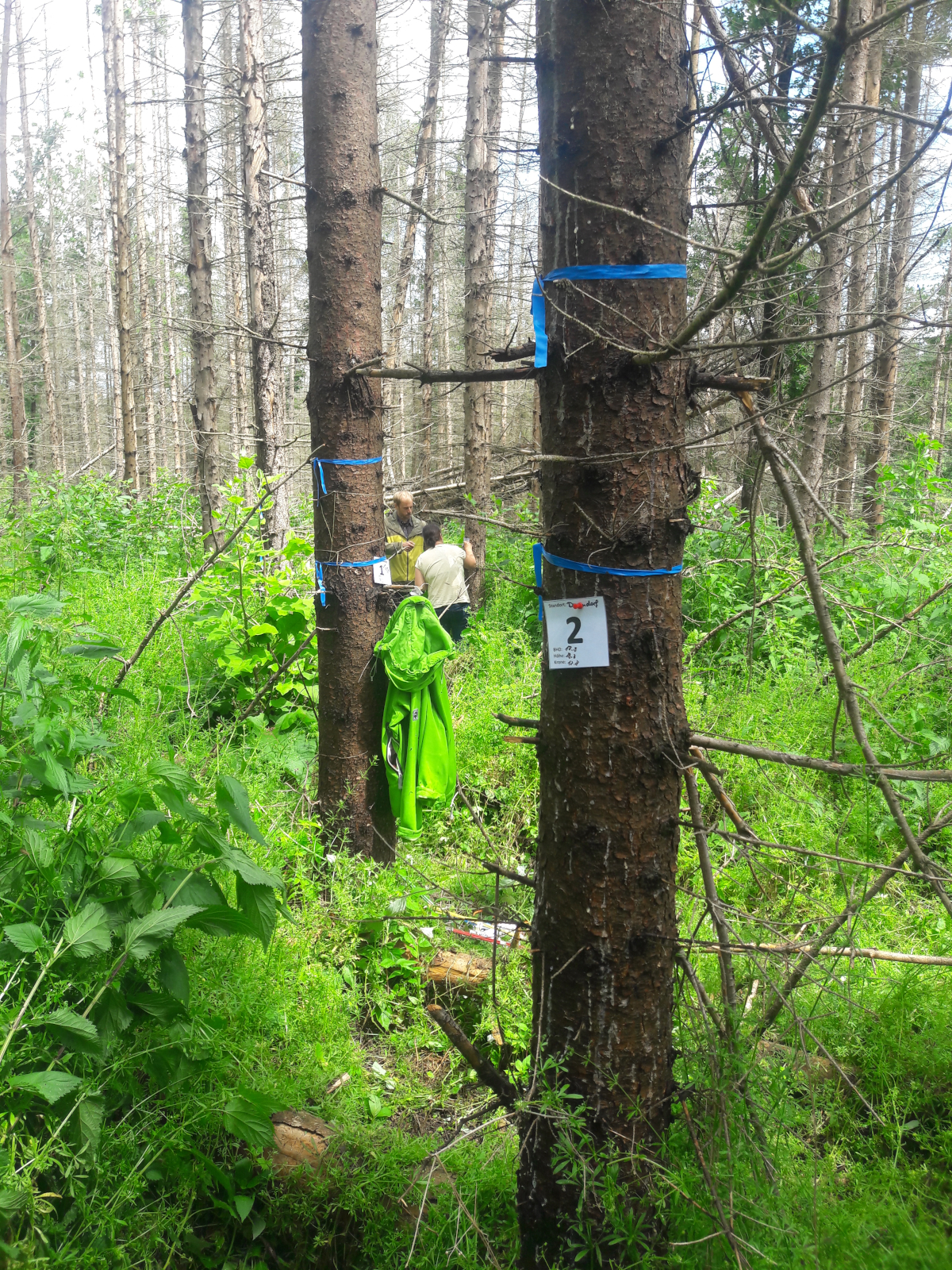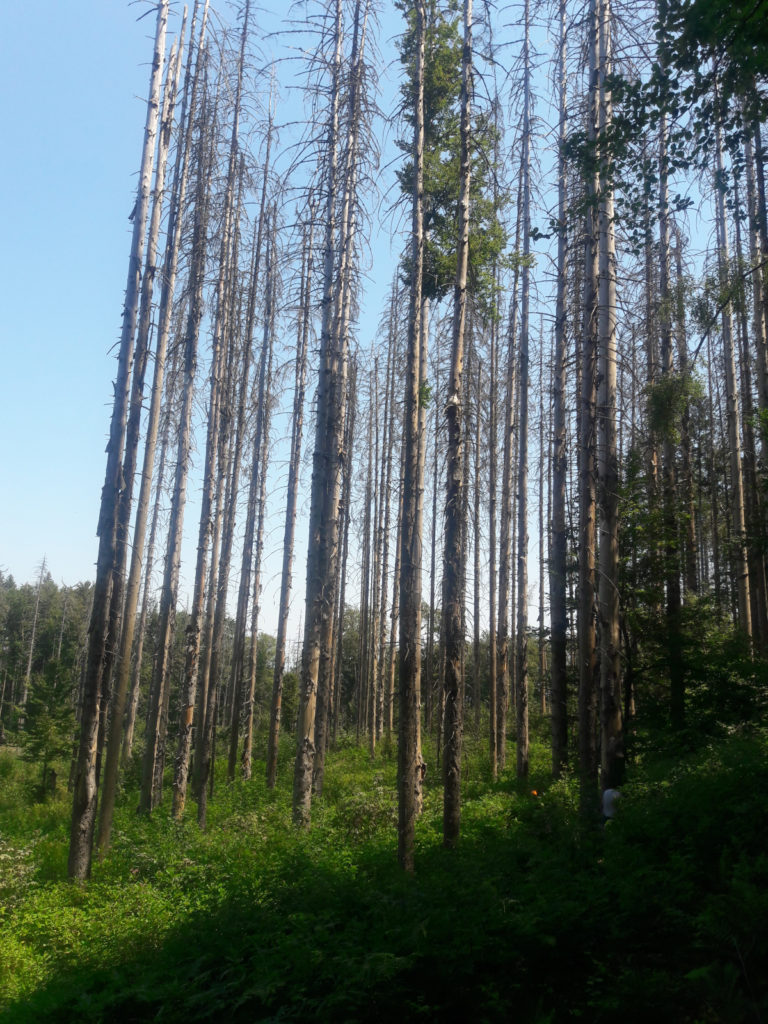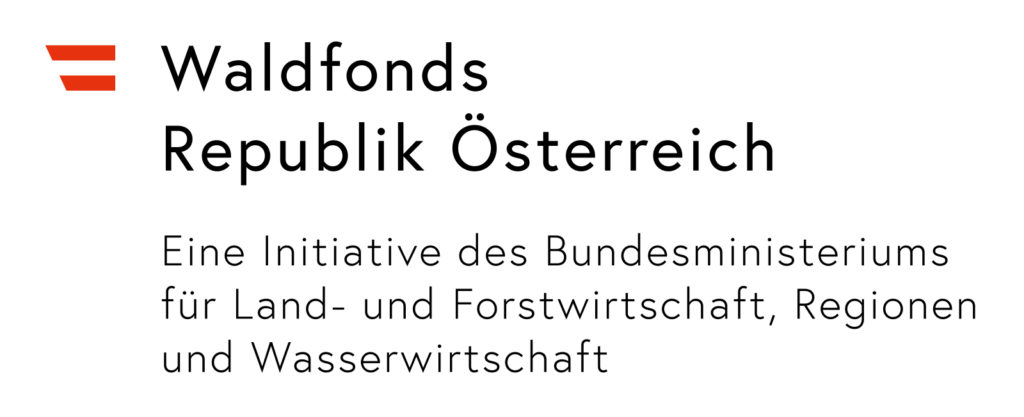Bark-BeAT aims to simplify risk assessment of spruce sites

Global warming does not make silvicultural decisions any easier, and the catastrophes of recent years have increased the uncertainties. The Bark-BeAT project aims to help.
For accurate silvicultural decisions, realistic assessments of the future of a tree-stand are extremely helpful. Especially when spruce, the economically most relevant and most common tree species in Austrian forests, is affected. The Bark-BeAT project aims to facilitate decision-making on climate adaptation at local and national level.
In order to be able to react appropriately to the local effects of climate warming, it is necessary to understand the processes. Researchers at the University of Natural Resources and Applied Life Sciences (BOKU) and the Austrian Research Centre for Forests (BFW) are therefore investigating the physiological reactions of trees to drought and higher temperatures and thus learning more about the susceptibility of trees to bark beetle infestation.
Knowledge for the future
In the process, the tree rings provide detailed information about past climate fluctuations. More specifically, the data is obtained with stable isotope measurements as well as infrared temperature imaging and multispectral imaging. Knowing about the past improves the understanding of tree physiology. This makes it easier to assess reactions to the future effects of climate warming and thus the risk of drought and bark beetles.

Proven technology
Tree ring isotope chronology has already proven to be a good way to predict susceptibility to subsequent bark beetle infestation in the USA. The information gained in the project forms the basis for developing long-term adaptation strategies, such as creating drought and bark beetle risk maps and linking them to growth models.
In this research cooperation, the comprehensive data sets of the Austrian Forest Inventory and the Forest Soil Inventory are used and create considerable added value for forestry decision-makers by incorporating the data obtained in the project. The project is funded by the Forest Fund of the Federal Ministry of Agriculture, Forestry, Regions and Water Management.
Project info
Project title: Bark-BeAT
Project title long: Forest management in a changing climate – Safeguarding the soil functions of forest ecosystems through site-appropriate timber harvesting
Duration: 01.10.2021 – 30.09.2024
Funding body: Austrian Forest Fund
Project management: University of Natural Resources and Applied Life Sciences (BOKU)
Project partner: BFW (Austrian Research Centre for Forests)
Participating institutes at BFW: Forest Ecology and Soil, Forest Growth, Forest Protection, Forest Inventory
Contact
Barbara Kitzler, Federal Forest Research Centre, Seckendorff-Gudent-Weg 8, 1131 Vienna, barbara.kitzler@bfw.gv.at
Link
https://dafne.at/projekte/wf-projektbark-beat
